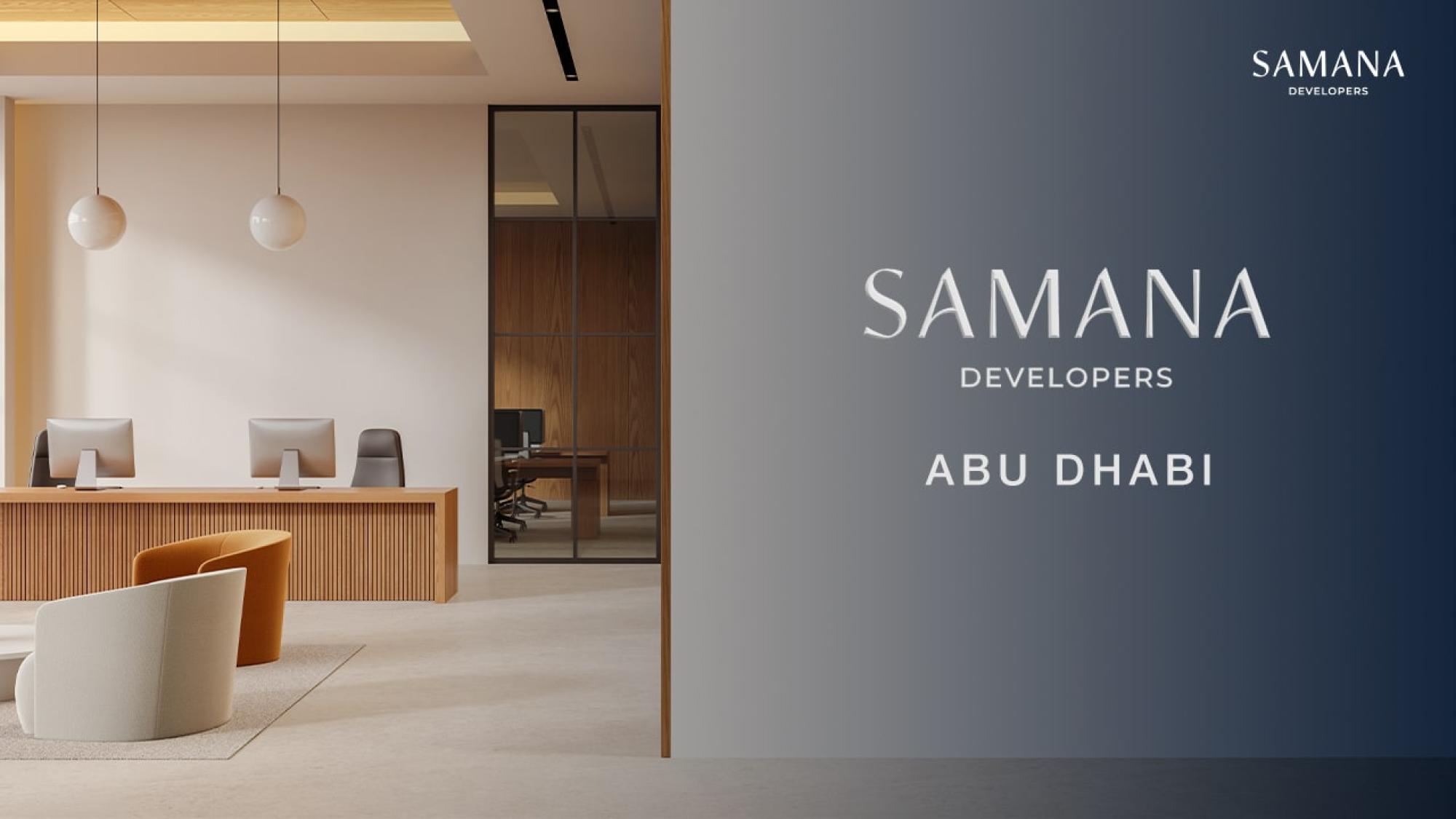Six things to consider when getting a mortgage in Dubai

Investors and home buyers from all over the world are showing a lot of interest in the Dubai property market. The reason is Dubai’s robust economy, amazing lifestyle, and safe environment. If you are looking to buy a property in Dubai, one very lucrative way to do so would be to buy it via mortgage. That simply means you purchase a property in Dubai and use a bank, or some other financial institute to finance the purchase.
This can be a very lucrative investment, and here are six things you should keep in mind if you want to get a mortgage in Dubai.
- Financial eligibility and down payments: when it comes to mortgage, the rules are slightly different for UAE nationals and expatriates. Dubai banks require minimum of 25% down payment from UAE nationals and 40% down payment from expatriates. Lenders will also evaluate your (DTI) debt to income ratio and your credit score in order to assess your eligibility and will offer you an interest rate accordingly. If you have a low (DTI) and a strong credit history it will translate in to a more favorable offer.
- Residency status affects purchase: Residency status plays a role in where you are able to buy property, for instance freehold areas are generally open to residents and non-residents alike, however some emirates offer leasehold properties that cannot be owned by nonresidents of UAE. It is important that you understand the real estate regulations and how your residency status affects your purchase.
- Mortgage options: The mortgage market in Dubai offers multiple options, for instance:
- Fixed rate mortgage has locked-in interest rate for a specific period and so it provides stability for the first 1 to 5 years depending on the financial institute’s offer.
- Variable rate mortgage offer gives you potential lower rates in the beginning but these rates can change over time.
- Islamic mortgage (Musharaka) are sharia compliant mortgages structures where the bank becomes co-owner of the property with you.
You must understand the financial frameworks and carefully evaluate them according to your financial goals and risk tolerance. Interest rate vary based on the lender, loan type, market conditions, and other factors carefully research and compare your options so you can get the best deal.
- Costs and fees: Keep in mind that when you purchase a property, there are other costs and fees bedsides down payment and mortgage installments. For example, you’ll pay registration fees, property valuation reports, service charges, Dubai Land Department fees (DLD). Factor these and other costs in your budget.
- Property search and pre approval: when you get a pre-approval from a lender for a mortgage you get valuable insights into your own borrowing capacity. You can then focus on the properties that fall within your budget and financial limitations. This information will also strengthen your position during negotiation with the seller because you’ll be aware of your options.
- Get professional help: it’s a very good idea to get professional help when buying mortgaged property in Dubai because the legalities involved in the process are complex. You should hire qualified property lawyers and mortgage brokers who understand the legal frame work and regulations governing the properties in the use of mortgage acquisition. The experts can help you to navigate legalities and negotiate favorable terms for best use of your investment.
Conclusion
Consider these six factors carefully and you’ll get the best returns on your investment in the dynamic Dubai real estate market. The specifics vary according to your personal / financial goals and budget, just remember thorough research, planning and expert guidance are essential to secure the best mortgage options.




